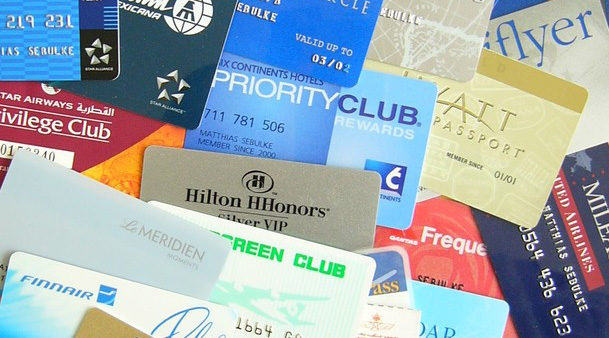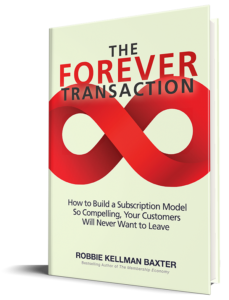A while ago, I wrote an article called “Today’s Loyalty Programs are More Starbucks, Less United.” In it, I explained how United is really about a value exchange, not about creating a relationship. If I fly more frequently and spend more money, they give me discounts and benefits. It’s a financial transaction. In contrast, Starbucks has built a membership program that focuses on deepening the relationship. Most people choose their flights and airlines based on convenience and price–not on relationship or preference. In contrast, where I get coffee or have my “third place” is more personal, and Starbucks understands that.
But there’s a whole new level of Premium Loyalty programs, paid memberships which take the relationship a step further. You commit up front to membership and get an array of benefits–it’s almost like if you are planning to be a regular shopper, you’d be foolish not to join.
The leaders in this space of course are Costco and Amazon Prime. Costco requires that you become a member just to shop from them. But once you’ve paid your $60/year, you get access to a store full of deals. The company has indicated that they break even on the products, making most of their money on the membership fees. And Amazon charges $119/year or $12.99/month for Prime which gives members free two-day shipping, as well as access to content and storage.
Here are a few examples of companies charging customers a fee for access to deeper benefits and a better shopping experience.
o Old Pueblo Traders This clothing retailer offers .a $14.97/month membership which entitles shoppers to 10% discounts on a range of brands, rebates against shipping costs & gift card discounts)
o Restoration Hardware For $100/year you get 25% savings on everything in the store, plus access to designers. In other words, if you’re in the market for more than a pillow, and are shopping at RH, you’re stupid if you DON’T join.
o GameStop has a $14.99/year Powerup Rewards membership, which gives discounts on trade ins and preowned games as well as more accelerated loyalty points accumulation. this model is a great way to reward their most active resellers.
o Bed, Bath & Beyond has followed the Amazon/RH model–$29/year for BeyondPlus for free shipping and 20% off always. They have always been a deep discounter, historically using coupons for great deals on a single transaction. This is a new way of offering that similar value but with an emphasis on engagement.
o Amazon ($119/year or $12.99/month for Prime; note you can create a “family plan” and there are cheaper prices for students and low income)
This trend is going beyond retailers.
o Condé Nast Self Starter This program is affiliated with Self Magazine, and one of several examples of media companies extending their relationship with engaged readers. It’s $9.97/month for recipes, health regimens and discounts on recommended products.
o AMC Stubs A List Following in the aggressive footsteps of MoviePass charges $19.99/month for up to Movies a week, 10% discounts on food and food size upgrades. The company actually offers 3 tiers, which includes a free tier for Tuesday discounts and a refill on large popcorn, as well as a $15/year membership which entitles members to upsize drinks and popcorn, and waived fees for advance purchases, as well as the $19.99/month premium level.
Uber and Lyft have both announced memberships–with Lyft providing bulk rides at a fixed price while Uber provides discounts and no surge pricing to members of their paid program.
What does this mean for businesses? If you’re a retailer, the message should be clear. You need to consider offering a better experience to your most engaged shoppers, and build a real relationship with them. And the priority should be long-term (lifetime) value and not short term transaction size.
And any business can benefit by exploring what an “insiders club” could be for your best customers.



